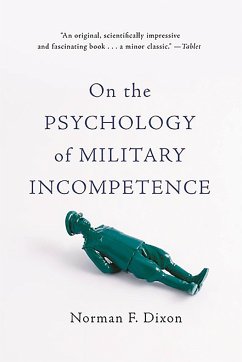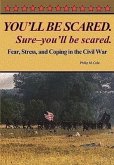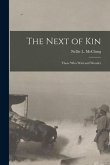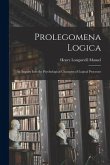A classic study of military leadership uncovering why generals fail The Crimea, the Boer War, the Somme, Tobruk, Pearl Harbor, the Bay of Pigs: these are just some of the milestones in a century of military incompetence, of costly mishaps and tragic blunders. Are these simple accidents—as the "bloody fool" theory has it—or are they inevitable? The psychologist Norman F. Dixon argues that there is a pattern to inept generalship, and he locates this pattern within the very act of creating armies in the first place, which in his view produces a levelling down of human capability that encourages the mediocre and limits the gifted. In this light, successful generals achieve what they do despite the stultifying features of the organization to which they belong. On the Psychology of Military Incompetence is at once an original exploration of the battles that have defined the last two centuries of human civilization and an essential guide for the next generation of military leaders.
Hinweis: Dieser Artikel kann nur an eine deutsche Lieferadresse ausgeliefert werden.
Hinweis: Dieser Artikel kann nur an eine deutsche Lieferadresse ausgeliefert werden.








